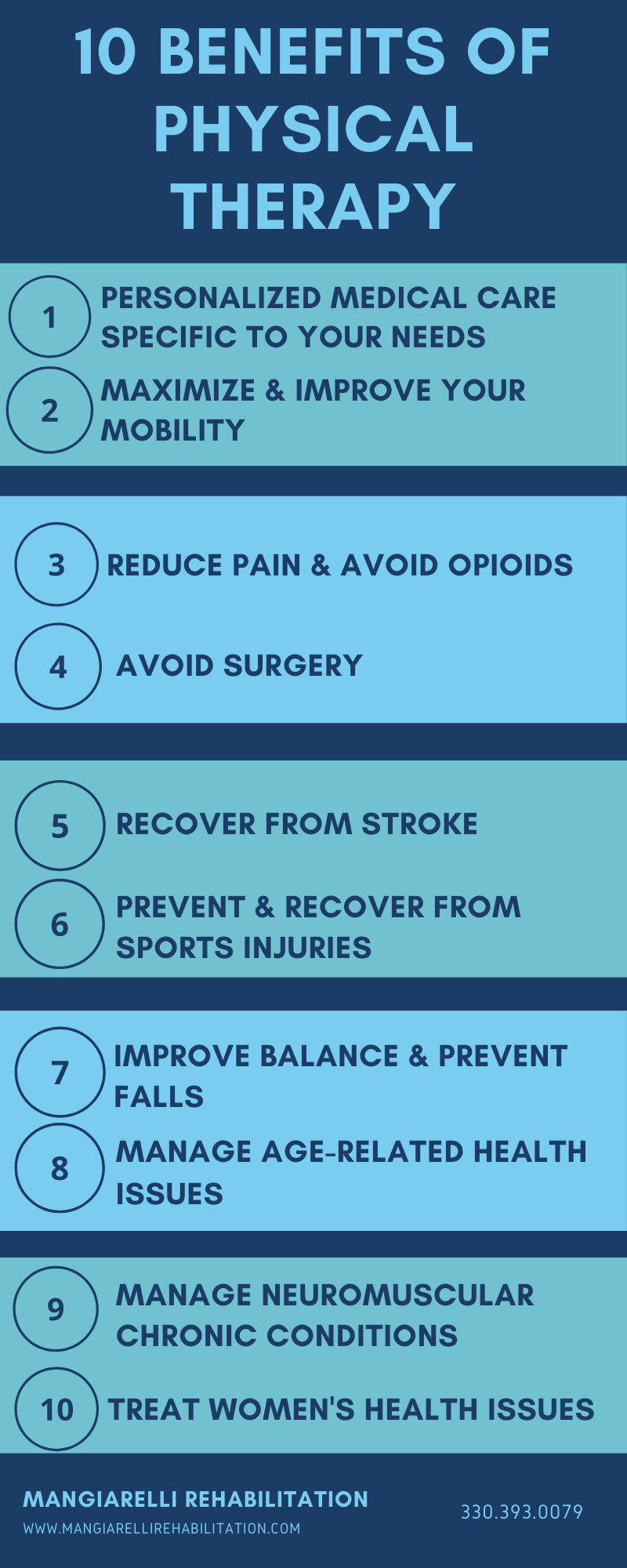Facts About Narconon Africa Uncovered
Table of ContentsWhat Does Narconon Africa Do?The Main Principles Of Narconon Africa 8 Easy Facts About Narconon Africa ExplainedThings about Narconon AfricaThe smart Trick of Narconon Africa That Nobody is Talking AboutThings about Narconon AfricaGetting My Narconon Africa To Work
In a collection of papers with Manudeep Bhuller and Katrine V. Lken, we get rid of these information difficulties and the nonrandomness of imprisonment, supplying brand-new understandings right into just how imprisonment affects recidivism, employment, children, and criminal networks - Drug rehab success. Figure 1 Our job studies the impacts of imprisonment in Norway, a setting with 2 crucial benefitsWe can additionally link this details to various other family members, including children and brother or sisters. We have information on co-offending that enables us to map out criminal networks for observed crimes. Second, we can leverage the random job of criminal cases to judges who vary in their propensities to send offenders to prison.
But some judges send out offenders to prison at a high rate, while others are a lot more tolerant. We determine a judge's stringency as the typical imprisonment rate for all various other cases a court deals with, after regulating for court and year fixed effects, which is the degree of random job. This quasi-random job of judge stringency can be made use of as a tool for incarceration, as it highly anticipates the judge's decision in the existing instance, yet is uncorrelated with other situation features both by style and empirically.
A Biased View of Narconon Africa
Attributes of prisoners, including demographics and criminal offense groups, are broadly similar in Norway and other nations, including the United States, with the exceptions that the US murder rate is a lot greater, and race plays a larger role there. What stands apart as different, especially compared to the United States, is the jail system.
Figure 2In Norway, the average time spent behind bars is a little over 6 months, which is similar to most other Western European nations. This contrasts with typical United States jail time of nearly three years, which remains in big component the factor the United States is an outlier in its imprisonment rate compared with the remainder of the globe [Number 1]
All about Narconon Africa
This offers a lot more separation in between small and hardened bad guys than exists in the USA. There is no overcrowding in Norwegian jails and much better individual safety and security, with each prisoner being appointed to their own cell and a greater inmate-to-staff ratio than in the USA (https://za.enrollbusiness.com/BusinessProfile/6708867/Narconon%20Africa#). Prisons in Norway also provide well-funded education and learning, medication treatment, psychological health, and task training programs
Our study on the impacts of incarceration on the transgressor, making use of the random project of courts as a tool, yields three key searchings for. First, jail time inhibits additionally criminal actions. We locate that incarceration decreases the possibility that a person will certainly reoffend within 5 years by 27 portion points and decreases the equivalent variety of criminal fees per individual by 10 costs.
The Definitive Guide for Narconon Africa
We find large reductions in reoffending likelihoods and cumulative billed criminal activities also after defendants are launched from jail. Our second outcome is that prejudice because of option on unobservable specific features, if ignored, causes the incorrect verdict that time spent behind bars is criminogenic. If we just contrast criminal offenders imprisoned versus those not sentenced, we locate positive associations in between imprisonment and subsequent crime.
This stands in contrast to our analysis based on the arbitrary assignment of courts, which finds an opposite-signed outcome. Third, the reduction in criminal activity is driven by individuals who were not functioning before incarceration. Amongst these individuals, jail time increases participation in programs routed at improving employability and lowering relapse, and this eventually elevates work and incomes while inhibiting criminal actions.

Imprisonment causes a 34 percent factor increase in engagement in work training programs for the previously nonemployed, and within five years their work rate rises by 40 percent factors. At the same time, the chance of reoffending within five years is reduced by 46 percent factors, and there is a decrease of 22 in the average variety of criminal fees.
The Facts About Narconon Africa Uncovered

A probable explanation for the distinction is that Norway's jail system varies significantly, both in terms of prison-term size and jail problems, from the US jail system. While comprehending the impacts of incarceration on the culprit is an essential very first step, capturing spillover impacts is also important for reviewing criminal justice policy and making efficient prison systems.
Indicators on Narconon Africa You Should Know

Regular least squares estimates reveal that youngsters of incarcerated fathers are 1 portion factor most likely to be billed with a criminal offense, about a mean of 13 percent, and show no impact on institution qualities. Utilizing our court stringency tool, we locate no statistical proof that a father's incarceration impacts a child's own crime or school grades, yet we are unable to eliminate modest-sized effects.
Indicators on Narconon Africa You Need To Know
We define criminal teams based on network links to previous criminal situations. When a criminal network participant is jailed, their peers' chance of being billed with a future criminal offense lowers by 51 portion factors over the next 4 years - https://triberr.com/narcononza12#.